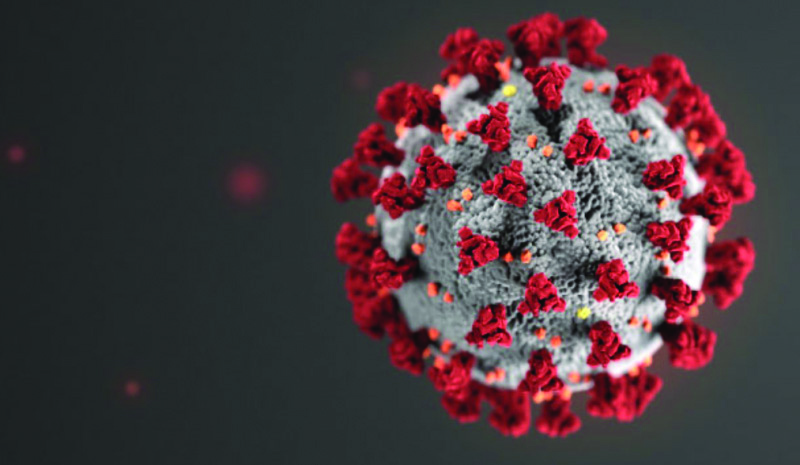By Jim Holt
Senior Investigative Reporter
Effective Friday, provided COVID-19 case numbers continue to drop, masks will no longer required for most indoor public settings — merely recommended — the county’s public health director announced Tuesday.
Barbara Ferrer told the Los Angeles County Board of Supervisors that, in light of changing state and federal guidelines on mask requirements and a drop in local cases reflecting a West Coast trend, she will be unveiling new mask guidelines Thursday.
“We anticipate that on Thursday, when CDC updates their community-level table, L.A. County will be moving to low risk,” Ferrer said. “And we are prepared, on Thursday, to issue a modified health officer order with an effective date of implementation for Friday, March 4, that will strongly recommend and not require indoor masking in most public indoor spaces except where state and federal regulation require masking.”
Ferrer shared data with the board showing numbers that leave L.A. County in the Centers for Disease Control’s high-risk category.
The data released by the Los Angeles County Department of Public Health on Tuesday shows:
• 1,093 New COVID-19 cases (2,797,628 cases to date).
• 58 New deaths due to COVID-19 (30,773 deaths to date).
• 927 people currently hospitalized with COVID-19.
• More than 11,430,000 individuals tested; 22% of people tested positive to date.
State and CDC Changes
Citing declining COVID-19 case rates and hospitalizations all along the West Coast, Gov. Gavin Newsom announced Monday that after 11:59 p.m. on March 11, California will move from mask requirements to mask recommendations in schools.
“California has updated its statewide masking guidance and, under this new guidance, indoor masking starting today will be strongly recommended but not required for vaccination and unvaccinated individuals,” Ferrer said.
Newsom also noted that state policies do not change federal rules that require mask-wearing on public transit.
As well, late last week, the CDC announced changes to the way it assesses community risk. According to the new CDC metrics, however, Los Angeles County is still considered a high-risk area.
Risk Levels
The CDC’S community risk levels fall into three categories — low, medium, or high — and are determined by looking at hospital beds being used, hospital admissions, and the total number of new COVID-19 cases in an area.
The newly defined community risk levels, according to the CDC, were intended to help communities decide what prevention steps to take based on the latest data.
“The CDC still categorizes L.A. County as a high-risk community where everyone should be masked indoors,” Ferrer told the board Tuesday.
“Current masking safety measures,” she said “remain in place until this risk designation changes to either medium or low risk.”
Downward Trend
“We’re now several weeks out from noting the end of the devastating winter surge. The metrics continue to improve,” Ferrer said.
“But we have not quite reached our pre-surge levels but we are making really good progress,” she said. “And we are hopeful that as we approach spring, our metrics will continue to decline and we’ll be able to move to the levels we saw last spring.”
Public health data shows a drop in new cases.
The seven-day average for daily cases was about 1,700 new cases Monday — a 96 % decline from the high seven-day average of more than 40,000 cases on Jan. 15.
The same data also shows a drop in hospital admissions.
On Sunday, the seven-day average of daily hospital admissions dropped to 109 compared to 650 in mid-January.
“This is welcome news,” Ferrer said. “It not only means that fewer residents are becoming ill enough to require hospitalization but it also means that we’re putting much less strain on our hospitals.
“Although deaths are elevated, I do note that over the past several weeks we’ve had some drops in the average number of daily deaths reported. On Feb. 28 the seven-day average for reported deaths was 48. A week ago was Feb. 21 it was 59.”
“As we continue to slow community transmission and we’re improving access to some very effective therapeutics we also see fewer and fewer deaths,” she said. “We’re very close to the lower levels of cases and hospitalizations we saw prior to our winter surge.”








